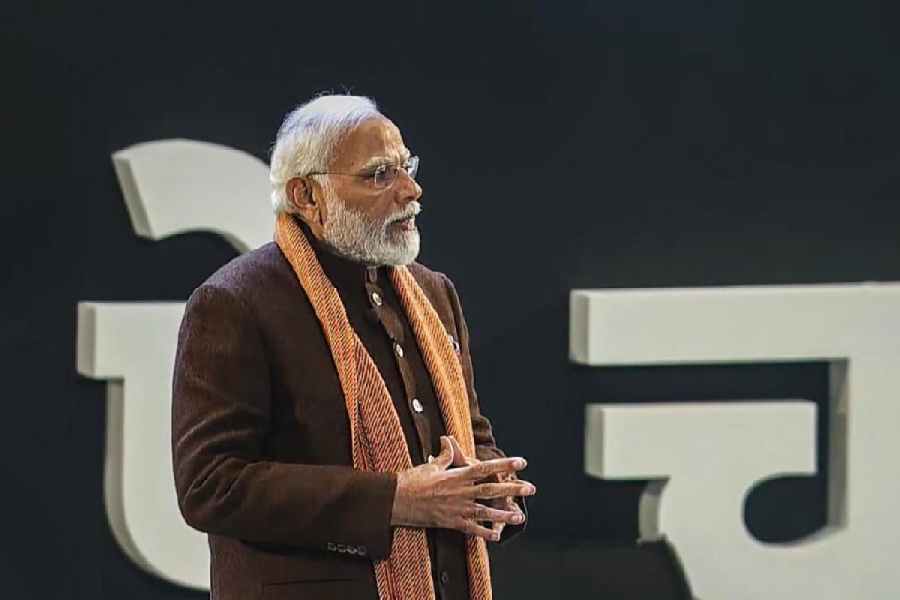Israel’s prime minister, Benjamin Netanyahu, has suffered a setback, forced under public and political pressure to defer plans for controversial judicial reforms. Thousands of Israelis have raged in protest against the changes that Mr Netanyahu’s government has proposed that would allow the executive greater control over the appointment of judges and could save the prime minister from potential prosecution over corruption charges. Yet it is clear that Israel’s prime minister views this as merely a pause in his plan, not as an idea he has given up on: he had fired his defence minister just a day earlier for opposing the judicial reforms. His approach represents a broader pattern in many democracies. In country after country, from Hungary and Poland to Israel and India, leaders who have come to power through popular mandates have been accused of trying to weaken the institutions that serve as checks and balances on their rule. It could be the appointment of judges or the functioning of investigative agencies, the powers of election authorities or the lure of post-retirement sinecures for pliant officials otherwise tasked with unbiased adjudication over matters of national importance.
While such efforts occasionally face roadblocks, as seen in Israel, they invariably end up pushing the limits of what is acceptable from governments whose commitments to democracy sound increasingly like empty words. Often, these stumbles are also held up as evidence that democracy is still healthy in these countries, and that leaders are forced to listen to the people. In many cases, that narrative serves to mask broader turns towards authoritarianism. In India, the prime minister, Narendra Modi, rolled back controversial farm laws after months of protest that refused to die down. But the practice used to pass those laws in the first place — pushing legislations through Parliament without debate, using the brute majority of numbers — has since been used on multiple occasions, including in the passage of the demand for grants for this year’s national budget. That approach was also used to kill Jammu and Kashmir’s special autonomous status and statehood in 2019 without any consultations with stakeholders. In Israel, the same liberal political segment opposing Mr Netanyahu over the judicial reforms has been, for the most part, conspicuously silent about his government’s near-daily provocations against Palestinians and Israel’s illegal occupation of Palestinian territories. Yet as Israel’s protesters have learned, a slide away from democracy is a slippery slope for all.











